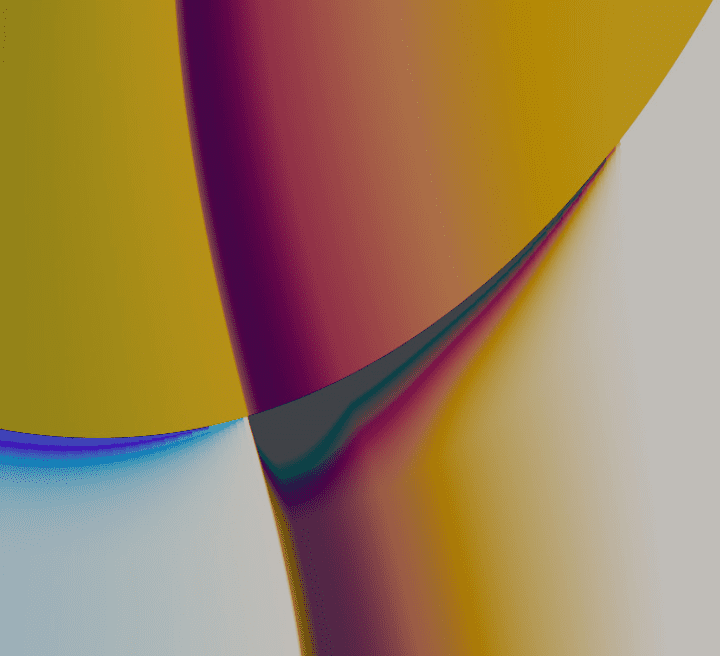My mother is not an openly sentimental person. When I hear the question:
“Will you go to Lebanon with me over Christmas?” I understand that she will not go without me. She knows as well as I do that the enchantment of the place has not worn off. And so, every three years or so, we pack our bags and fly across the world to remind ourselves we belong somewhere. Lebanon—the Mediterranean wonderland plagued by the endless turmoil of political corruption and religion. It seems the combination of time and distance creates an endearing pull towards inevitable chaos. There is no shame in it. It may reek of poetic indulgence, but at least it promotes consistency. Yes, Lebanon is dysfunctional. But more importantly, Lebanon is childhood; Lebanon is family; Lebanon is ‘it just feels right?’
We arrive at night and feel the years of separation wash over us in a single moment. On this night, I find myself sitting across from my grandma, or teta, as we say in Arabic. An ad starts to play on the TV and my mind could hardly comprehend that it was in Arabic. She grabs the remote and mutes the sound as she continues to rock back and forth to the rhythm of her prayer. The stove needs more wood, but it has been longer than a decade since I have handled one and I have no intention of poking my hand into a fire. She is still chanting to herself, yet every minute or so, her eyes dart to the dancing colours until she is done praying, and the faded red book is out of her hands. Her mandeel, a loose white headscarf, slips further back, revealing most of her fine, yellow-white hair. This is the winter I had dreamed of, stitched together by memories of a fading childhood. The injustice of being sent to bed early to warm it up for my pernicious sister; socks, carefully lined on the gas-lit heater, my mother’s yelling to take them off.
You never expect the sudden uneasiness that follows. You know, the kind that creeps up on you when you find yourself somewhere deeply familiar, yet deeply strange. I suppose there is something other-worldly about arriving at a new place at night.
I was ten years old when my parents decided to leave Lebanon and move back to Australia. All I knew of the place was that I was born there, and that things would soon be very different. It’s funny; the way most of our memories seem to desert us, while others choose to linger on. I remember the eeriness of the quiet roads, and how tiny the houses seemed — like something out of a fairy-tale. People looked and acted differently, and their slurred speech sounded funny to my ears. My once common name became an anomaly, and it too, sounded just as strange coming from their lips.
And so it goes— your first taste of displacement; one that leaves you feeling like a stranger to yourself. Your accent follows you around like a shadow, but you soon realise you are not the only ‘other’ around. You find a sense of comfort in that. You stop correcting the people who mispronounce your name, and you wonder if they will ever consider you a member of their speech community.
Your father says, ‘we speak Arabic at home. ’
Your mother continues to pack for you an ‘ethnic’ lunch which you trade with a friend for a vegemite scroll. You are now used to people asking you where you’re from. Your local library has a sign that reads: Welcome! in different languages. Your eyes immediately spot the familiar, cursive strokes.
مرحبا
It thrills you to hear a stranger speaking your mother tongue in public. You smile and drift closer to them. You can’t help yourself. ‘I am like you!’ you want to say to them, but you keep the secret to yourself.
Think your name would look good in print? Woroni is always open for submissions. Email write@woroni.com.au with a pitch or draft. You can find more info on submitting here.
We acknowledge the Ngunnawal and Ngambri people, who are the Traditional Custodians of the land on which Woroni, Woroni Radio and Woroni TV are created, edited, published, printed and distributed. We pay our respects to Elders past and present. We acknowledge that the name Woroni was taken from the Wadi Wadi Nation without permission, and we are striving to do better for future reconciliation.
